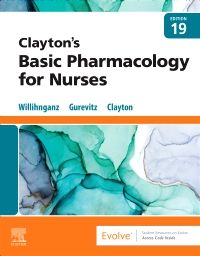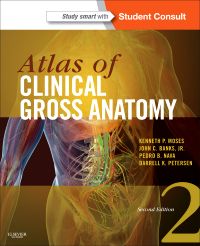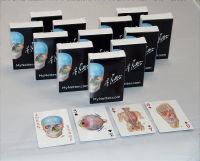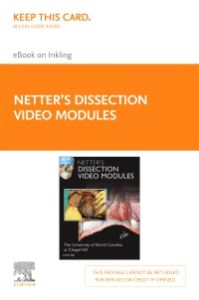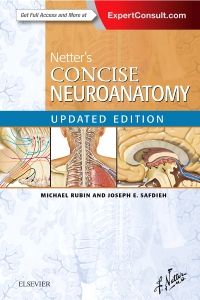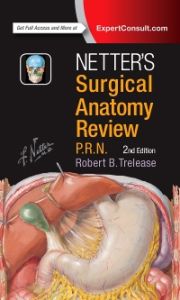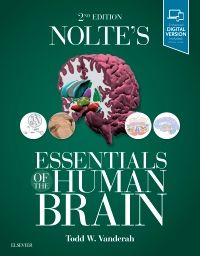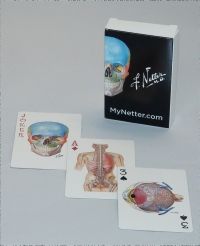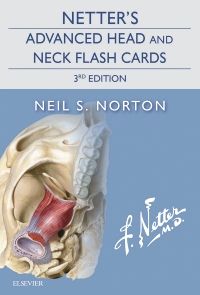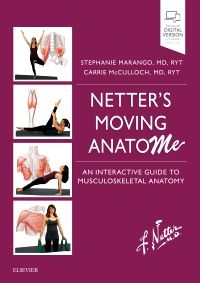Clayton’s Basic Pharmacology for Nurses, 19th Edition
Learn safe, effective nursing care for patients receiving drug therapy! Basic Pharmacology for Nurses, 19th Edition helps you understand the principles of pharmacology and apply them to nursing practice. Known for its practical application of the nursing process to drugs and disorders, this book explains how to make informed decisions about drug therapy, educate patients, and administer medications. This edition adds new Next Generation NCLEX® (NGN)-style case studies and questions to prepare you for the critical thinking questions on the NGN exam. Concise and easy to use, this text teaches the basics of medication administration and drug actions.
Learn safe, effective nursing care for patients receiving drug therapy! Basic Pharmacology for Nurses, 19th Edition helps you understand the principles of pharmacology and apply them to nursing practice. Known for its practical application of the nursing process to drugs and disorders, this book explains how to make informed decisions about drug therapy, educate patients, and administer medications. This edition adds new Next Generation NCLEX® (NGN)-style case studies and questions to prepare you for the critical thinking questions on the NGN exam. Concise and easy to use, this text teaches the basics of medication administration and drug actions.
New to this edition
- NEW! Next Generation NCLEX® (NGN)-style questions help you develop higher cognitive thinking skills, including clinical judgment, and provide opportunities to practice for the new question formats on the NGN exam.
- NEW! Updated content is included for newly approved and frequently prescribed pharmaceutical drugs, and for their therapeutic uses.
- NEW! Unfolding case studies help you translate pharmacological knowledge into nursing practice and provide preparation for the Next Generation NCLEX exam.
Key Features
- Application of the nursing process includes an overview of general principles of nursing care for each disorder, along with specific nursing considerations for drug treatment.
- Drug monographs are provided for each major drug class, describing actions, uses, and therapeutic outcomes for each class.
- Medication Administration unit covers assessment, techniques, procedures, and documentation for the safe administration of percutaneous, enteral, and parenteral drugs.
- Medication safety is emphasized with Medication Safety Alerts and Clinical Pitfall boxes, as well as Do Not Confuse and High Alert icons.
- Clinical Goldmine boxes highlight tips and best practices for clinical procedures.
- Lifespan Considerations boxes draw attention to the implications of drug therapy for children, pregnant and breastfeeding women, and older adults.
- Drug tables summarize generic and brand names, availability, and dosage ranges for key medications for each disorder.Get Ready for the NCLEX® Examination! section at the end of each chapter covers key points as well as review questions, preparing you for course assessments and the NCLEX Examination.
- Learning resources on the Evolve website include video clips of medication administration, animations of drug actions, drug calculators, patient teaching guides, and Next Generation NCLEX® review questions.
- Study guide corresponds to the textbook and offers review questions and clinical scenarios to reinforce your understanding of nursing pharmacology. Available separately.
Author Information




